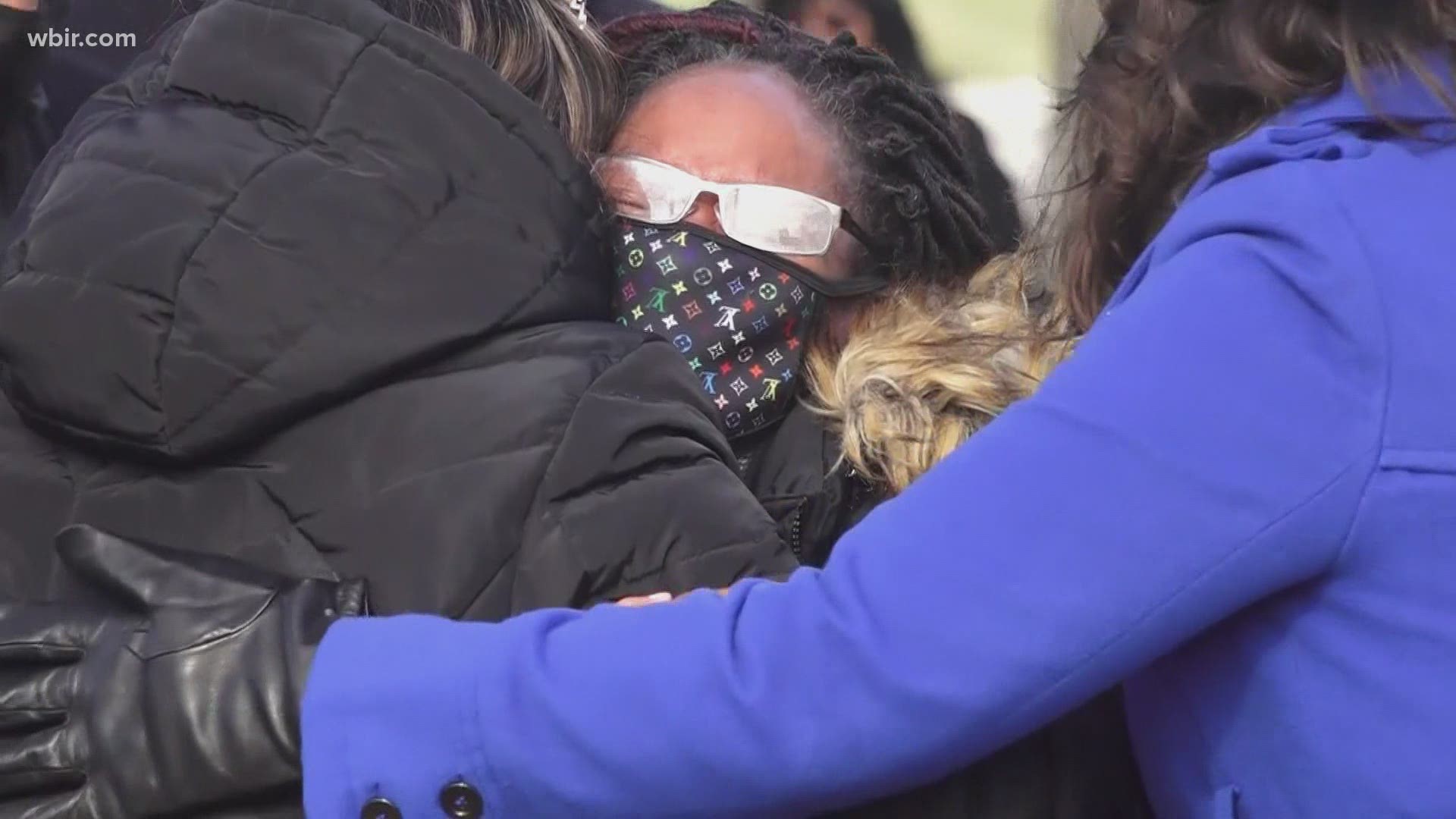KNOXVILLE, Tenn. — With the East Knoxville community still reeling after a shooting in Austin East High School, experts are sounding the alarm on just how hard much these tragedies can impact people who face them day-in and day-out. For them, violence so close to home can simply be a part of reality.
Roxy Slay, a Knoxville Mental Health Professional, said the shootings aren't just causing trauma.
“This is Black trauma, and it’s Black trauma because it deals with this community and it deals with the stereotypes,” Slay said.
Five teenagers died in three months, all of who went to Austin East High School. Slay said stereotypes about the East Knoxville community can enhance and intensify the students' trauma.
“The perception is that these children come from a natural criminalistic community. [The stereotypes say] they are born to be criminals, and then what does that tell them when they deal with violence to this degree?” Slay said.
Black trauma is not just prevalent after high-profile shootings like the one at Austin East High School. It can follow members of the community around every single day of their lives.
“There’s this weight that you have that always puts pressure on your chest, and you carry that,” she said.
It's a stress that never escapes their minds, no matter where they are.
“You’re never at peace whether you’re at home, or in your car. You don’t have the ability to just be stress-free…to feel free,” said Slay.
She said that it is an internalized feeling which, in recent months, has been on full display for many people in the City of Knoxville. She also said there’s no time to waste to talk about Black trauma and start processing the emotions that come as a result of it.
“People have to get used to being uncomfortable and they need to have those conversations or we’ll keep having this conversation 50 years from now,” Slay said.
Slay says it's not time to blame the kids, but to connect with kids in the community so that everyone can start healing.

